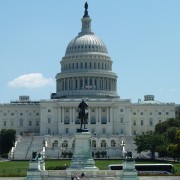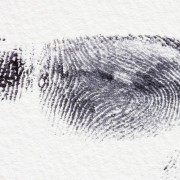SCOTUS finds sex offender social media ban unconstitutional
In the State of New Jersey, persons who are on Community Supervision for Life (CSL) and Parole Supervision for Life (PSL) may be banned from using social media, like Facebook, Twitter, and LinkedIn. A person on CSL or PSL, with this condition, can face criminal charges or a parole revocation if he is caught breaking the rules. However, a brand-new case from the United States Supreme Court says that it is unconstitutional to ban all sex offenders from using social media. This case may help many people in New Jersey who are not allowed to use social media websites. With the help of an experienced CSL lawyer, sex offenders can now fight this parole condition.
At the law firm of Maynard Law Office, LLC, we have spoken with many Megan’s Law clients who have been impacted by social media bans. Social media is an important tool for people today. People use websites like LinkedIn to find jobs, and Twitter to keep updated about news. Besides providing access to information, these websites are also important because people can exchange ideas.
Does the sex offender social media ban protect the public from new sex crimes?
In the US Supreme Court case, Packingham v. North Carolina, 582 U.S. ____ (2017), the petitioner challenged North Carolina law that banned all sex offenders from using social media. The law said that a registered sex offender is not allowed to, “access a commercial social networking Web site where the sex offender knows that the site permits minor children to become members or to create or maintain personal Web pages.” N.C. Gen. Stat. Ann. §§14-202.5(a),(e). Mr. Packingham argued that the law violated his First Amendment right to Freedom of Speech. The Supreme Court of the United States agreed.
The Court states that laws can invade an individual’s constitutional rights if it serves the state’s interest. An example of a “state’s interest” is protecting the public from sex offense recidivism. In NJ, the court found that the Megan’s Law registry was lawful, even though it infringes on people’s constitutional right to privacy. The NJ court said that sex offenders have a high rate of recidivism. Therefore, the Megan’s Law registry would protect the public from sex offender committing repeat sex crimes.
Modify Your CSL and PSL Social Media Condition in New Jersey
In conclusion, the Court stated that North Carolina failed to prove that the social media ban was “necessary or legitimate” to serve the purpose of protecting the public from offenders committing repeat sex crimes. Therefore, the law is illegal. How does this decision affect sex offenders in NJ? First, the State of New Jersey does not have a blanket ban against all people on Megan’s Law from using social media. The Parole Board applies the condition on a case-by-case basis. However, this decision may help people change this PSL or CSL condition. It is wise to contact a knowledgeable PSL attorney to find out whether you can fight your CSL/PSL social media condition.









Leave a Reply
Want to join the discussion?Feel free to contribute!